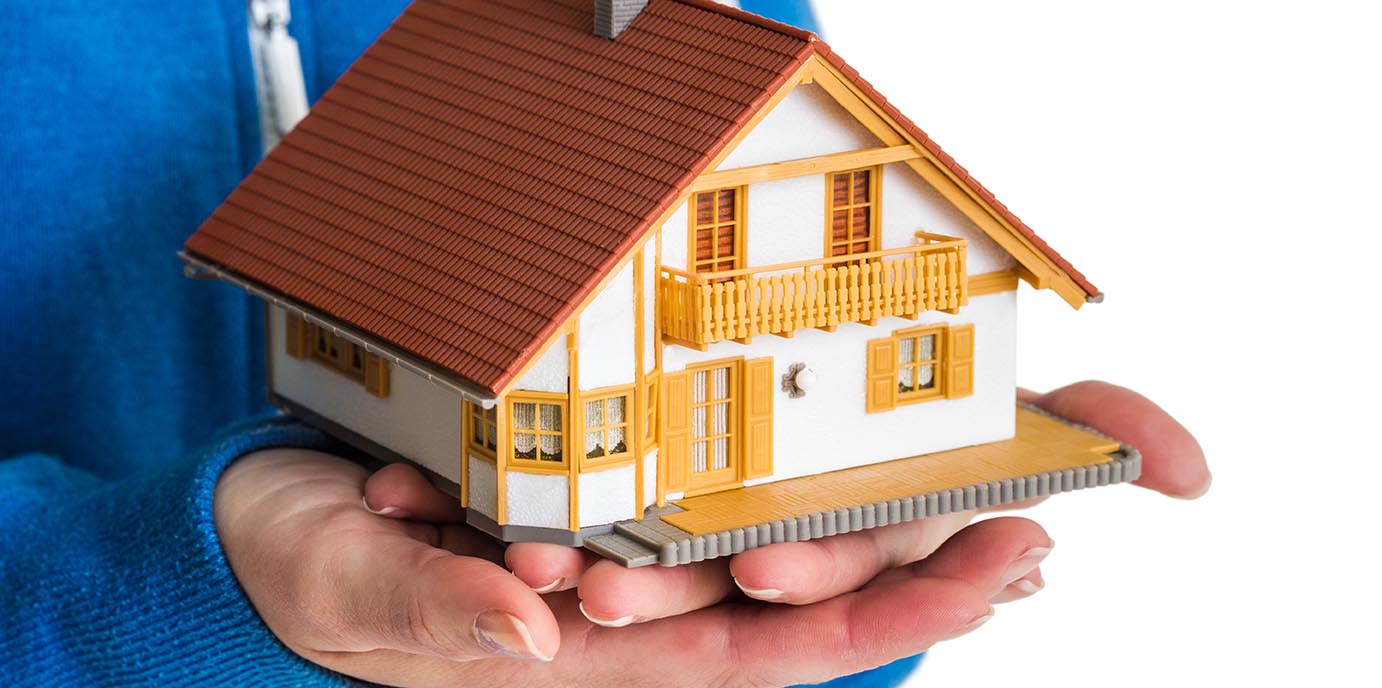
Ready To Buy A Home? Ask Yourself These 6 Questions First
November 6, 2017
By Darren Melstad
Mortgage Banker, SNB of South Dakota
Buying a home might be the largest investment you’ll ever make — so it’s important to make sure you’re really prepared. Asking yourself these six questions will help you know if you’re ready to start the home buying process:
1. Am I Pre-Approved For A Mortgage Loan?
Searching for a new home before getting preapproved is like walking into a store without your wallet. Why? Most real estate agents will reject offers from buyers who don’t have preapproval letters from their banks. So if you’re shopping around for a home, it’s best to have that preapproval letter in your back pocket — or you might miss out.
Keep in mind that preapproval is not the same as an actual loan commitment — but it does help speed up the loan process if you do find the home you’re looking for. And preapproval is actually quicker and easier than ever, thanks to SNB of South Dakota’s online mortgage center.
2. Do I Have Enough Money For a Down Payment?
Ideally, before becoming a home owner, you’ll want to save between 5-20 percent of the new home’s value for a down payment. Making a smaller down payment might seem nice at first, but it typically means you will pay higher monthly mortgage payments and have greater borrowing costs over the long run.
And don’t forget, once you find a home within your budget and agree on a purchase price, there will also be extra “closing costs” associated with closing the sale. By law, lenders are required to give you a written estimate of closing costs within three days of accepting your loan application.
3. Will I Have Enough Money Month to Month?
Create a hypothetical budget for your new home. Find the average cost of utilities in your area; factor in gas, electricity, water, cable and internet; and find out if you will have to pay for parking or trash pickup. Consider the cost of basic maintenance costs like yard work, or replacing the air filter every three months. Also, factor in real estate taxes, mortgage insurance and possibly a homeowner’s association fee.
When it's all added together, you should ideally aim to keep total mortgage payments, plus utilities, to less than 25-30 percent of your monthly income.
One last note: be sure to keep enough in savings for an emergency fund. It’s a good idea to have at least three months of living expenses to cover unexpected costs.
4. What is My Credit Score?
A high credit score indicates strong creditworthiness, so you can expect to have your credit history examined during the preapproval process. You can usually find your own credit score by checking your credit card or loan statement (many companies have begun to provide credit scores for customers on a monthly basis), talking to a non-profit credit or HUD-approved housing counselor, or buying a score directly from credit reporting companies.
You can also get and review your own credit reports at www.AnnualCreditReport.com (free of charge once every 12 months, by law). The information in your credit report is what the credit services use to calculate your credit score.
A low credit score can keep you from qualifying for a mortgage loan. If your credit score is low, you may want to delay moving and take steps to raise your score first. There are a number of steps you can take to improve your credit score, including paying your bills on time, only opening lines of credit that you need and keeping your credit card balances below half of your available credit limit. Read our blog for more tips on improving your credit score.
5. How Long Will I Stay Here?
Generally, the longer you plan to live someplace, the more it makes sense to buy. Over time, you can build equity in your home. On the other hand, renters have greater flexibility to move and fewer maintenance costs. Carefully consider your current life and work situation and think about how long you want to stay in your new home.
6. Are Special Programs Available To Help Save Money?
Another helpful tip is to look into state and local home-buying programs because many states, counties and local governments offer housing discounts, down payment loans or special grants to first-time homebuyers.
Contact SNB of South Dakota or set up an appointment with us for more information about any programs in the Sioux Falls Area.
WANT great financial tips EVERY MONTH?
Sign up for SNBSD's :90 second newsletter, and get savings ideas, product updates and financial tips handcrafted and delivered to your inbox each month.